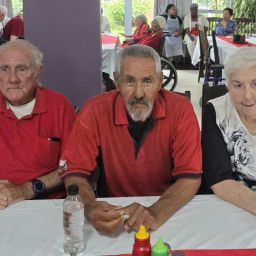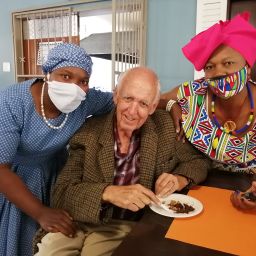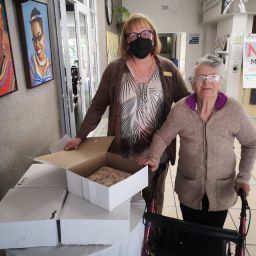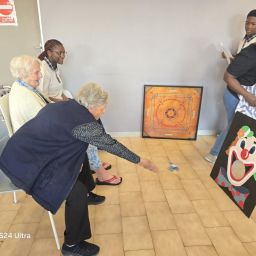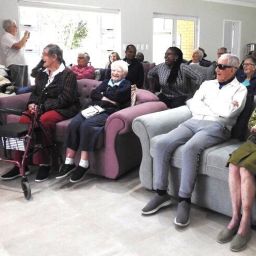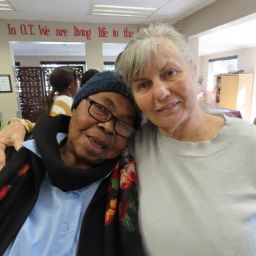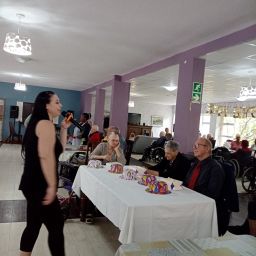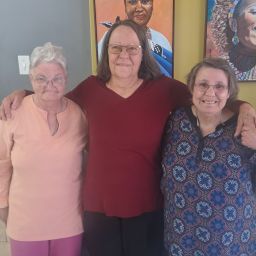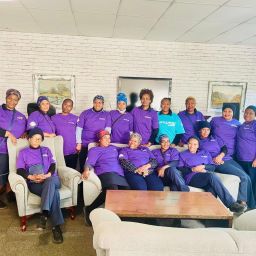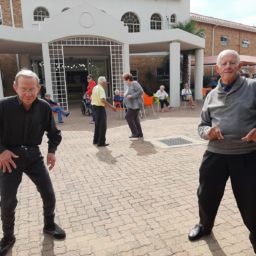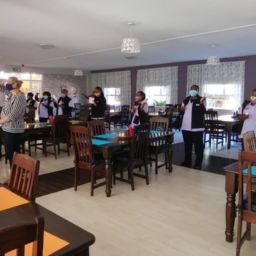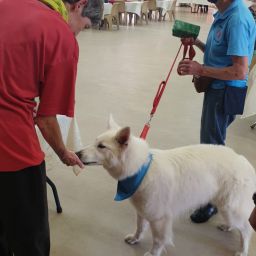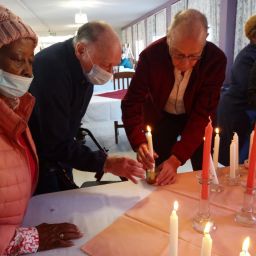World Elder Abuse Day, commemorated on 15 June, provides an opportunity for communities around the world to generate awareness about the abuse and neglect of older persons.
This is according to Lara Swanepoel, a social worker at Rand Aid’s Thembalami Care Centre which cares for elders in need.
World Elder Abuse Day was officially recognised by the United Nations General Assembly in resolution 66/127 in December 2011, following a request by the International Network for the Prevention of Elder Abuse which held its first commemoration of the day in June 2006.
This year’s theme is Closing the Circle: Addressing Gender-based Violence in Older Age Policy, Law and Evidence-based Responses.
Swanepoel says elder abuse is an intentional act or failure to act that causes or creates a risk of harm to a person older than 60. “This abuse usually occurs at the hands of a caregiver or person the elder trusts. The prevalence of abuse in institutional settings tends to be higher, with up to 64.2 % of staff committing elder abuse,” she says.
Forms of elder abuse
Elder abuse takes many forms, including physical, sexual, financial and psychological, and neglect.
According to Swanepoel, physical abuse is any act or threat of physical violence towards an older person, including anything from pinching to restraining and beating.
Sexual abuse, defined as forced or non-consensual sexual contact of any kind, is a lot more common than many people realise, says Swanepoel.
Neglect happens when a caregiver fails to protect an elder from harm, resulting in serious injuries or illnesses. “Many cases of elder and nursing home neglect are not accidents, but the result of carelessness or a lack of regard for an older person’s health,” says Swanepoel.s
A common form of financial abuse is when a family member takes control of the older person’s South African Social Security Agency grant or other income. “There are also loan sharks who prey on the elderly, lending them money and charging exorbitant interest rates which they can’t pay back,” says Swanepoel.
Psychological abuse is any act which causes emotional or mental suffering, including ignoring, insults, humiliation, isolation, and being called names or sworn at. “The elder withdraws completely and often suffers from anxiety and/or depression as a result.”
Thembalami Care Centre educates its staff, residents and the community about elder abuse through its awareness programmes and empowers them to come forward and report it.
“Sadly, many elders do not report abuse due to fear of what the abuser will do to them, or because the abuser is a family member they want to protect. This is especially the case with financial abuse,” says Swanepoel.
She encourages the community to report elder abuse at any police station or to any social worker, who is obligated to report it to the Department of Social Development.
“We need to work together to curb elderly abuse and give our elders the dignity they deserve in their golden years,” she says.


